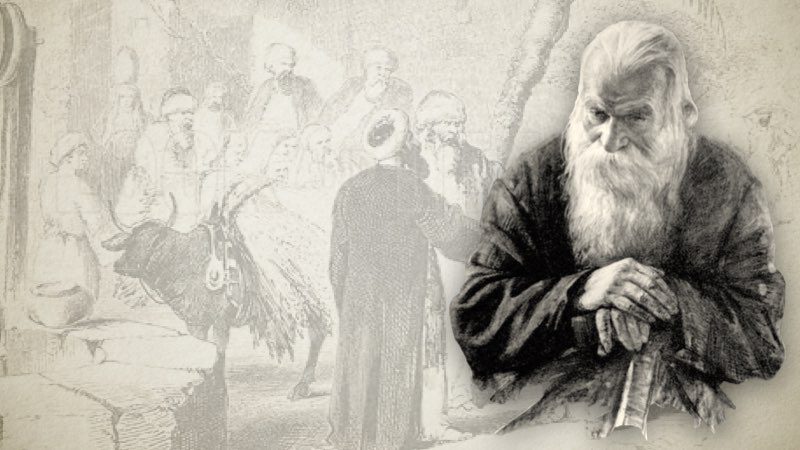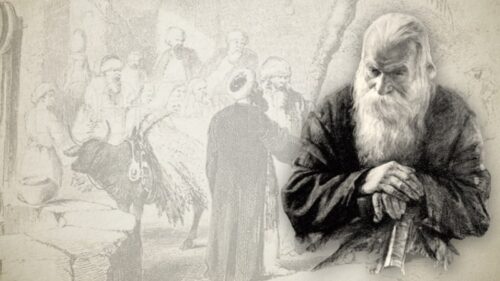-
A Church Without An Under-Shepherd
FOR A COMPLETE ORDER OF WORSHIP, INCLUDING BIBLE READING, HYMNS AND SERMON...
-
3 The Origin of Eldership
In our previous studies, I have set out my understanding of the term elder—that it is an unofficial title of honor given to men and women, who by virtue of their age and experience, are sought after for their wisdom and influence by the younger members of society. That this is the basic meaning of the Hebrew and Greek terms, together with the universally accepted use of the term in every village and province around the world, cannot be disputed. It is only among certain Christian denominations the meaning has been changed to include an official title of appointment representing one and the same office as bishop/pastor. I believe this is an abuse of the term which has led to erroneous views of church governance.
-
2 Identifying Biblical Eldership
If a plurality of elders is the scriptural mode for church governance, as asserted by the Reformed Baptists, then every church falling short of this practice is in error. And a serious error it is, for the Reformed Baptists have made this issue a leading point of doctrine. Their biblical thesis for a plural eldership hinges on four propositions: First, church officers were chosen from the congregation at which time they became ‘elders’ (whether it be teaching or ruling elders). Second, the pattern recorded in the New Testament always points to each church having a plurality of elders. Third, this scriptural pattern is paramount to an apostolic prescription that is binding on each church—ideally, every congregation is responsible to appoint a plural eldership. Fourth, the…
-
1 An Introduction To Plural Eldership
During the 1950’s, a resurgence of Presbyterian theology greatly influenced a number of Baptist ministers. At that time, a revision was made on how Baptist churches should function. Drawing from the Presbyterian teachings on church polity, it was advocated that each congregation should be served by a plurality of elders and deacons. Elders would be responsible for the spiritual welfare of the church; deacons would be responsible for the physical upkeep of the church. As this concept was developed, two camps of plural eldership emerged:
-
Preface To The Teaching Transcripts
The following articles are transcripts (with slight revisions) of my pulpit teachings between the years 2010-2013, given to the church meeting at Kensington Place, London, over which I was then pastor. In the Autumn of 2009, the church came under internal and external pressures to replace the pastoral office with a plural eldership, as advocated by the Reformed Baptists. Since this type of polity had never been practiced by the 150 year old church, I was not quick to adopt the system. Nevertheless, I was willing to make the change so long as the Scriptures sanctioned it. The arguments set forth by the plural eldership proponents were strong and convincing—on a biblical and practical level. However, there were a number of contradictions and unsettled issues…
-
Article 17 – Pastors And Deacons
Articles Of The Faith And Order Of A Primitive Or Strict And Particular Baptist Church Of The Lord Jesus Christ, Based On The Declaration Of Faith And Practice Of John Gill, D. D., 1720 XVII. Pastors and Deacons. We believe that the officers of Christian churches are Pastors, (or Bishops,) and Deacons, and that the right of choosing these is vested in each individual Church as such. That a Pastor’s duties are spiritual, namely, to tend the flock of God; to administer the ordinances of His house; to expound the Word and preach the Gospel; instruct inquiring sinners; visit the sick; and generally to watch for the souls of those under his care as one “that must give an account.”[1] That Deacons are honorary servants…






